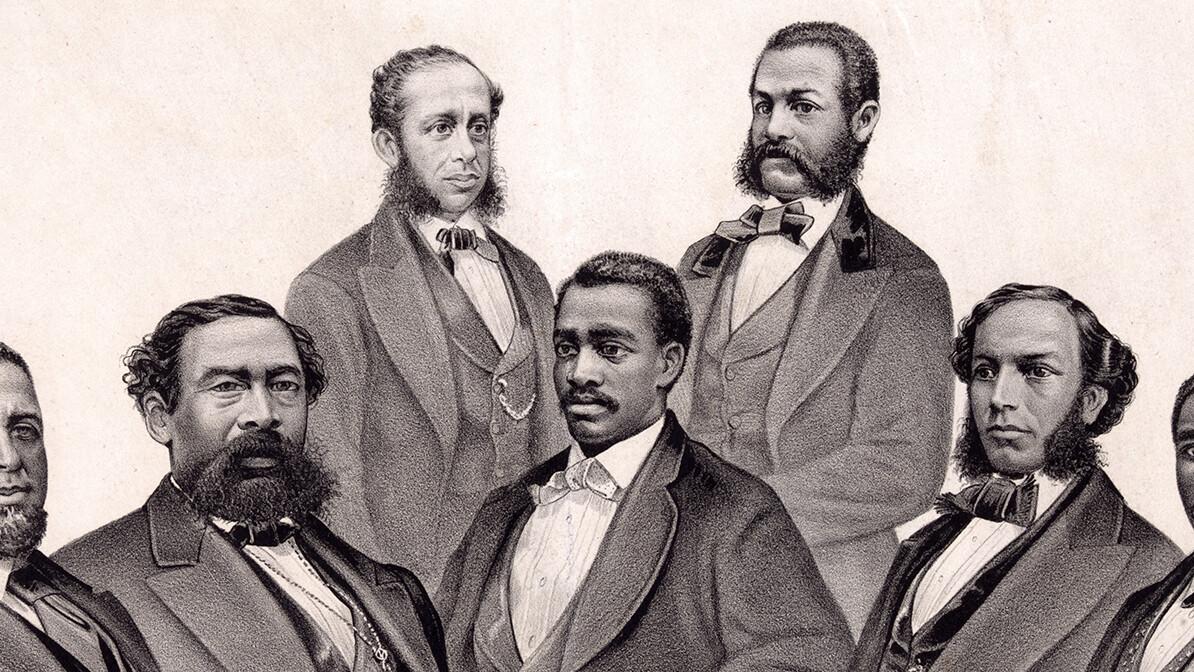Related Articles
A Heavy Load Was Lifted!
Claire had been suffering financial, physical, and emotional stress ever since the deaths of her…
My Gambling Bondage Is Broken!
What a difference a year can make … especially when you’re overwhelmingly blessed by God’s favor.…
Passover Breakthroughs
Do you need God to do something extraordinary in your life? What He did for these other Inspiration…
Dave Says: Go Into Debt for a Wedding? Nope!
Dear Dave, Our daughter’s college education is pretty much paid for already through grants and…
Next Steps To Strengthen Your Walk
Submit A Prayer Request
We are here for you. Simply click on the button below to reach us by form, email or phone. Together we will lift our hearts and voices with you in prayer.
Partner WIth Us
Sow a seed of faith today! Your generous gift will help us impact others for Christ through our global salvation outreach and other faith based initiatives.
Inspiration TV
Watch Christian content from your favorite pastors, christian movies, TV shows and more.







